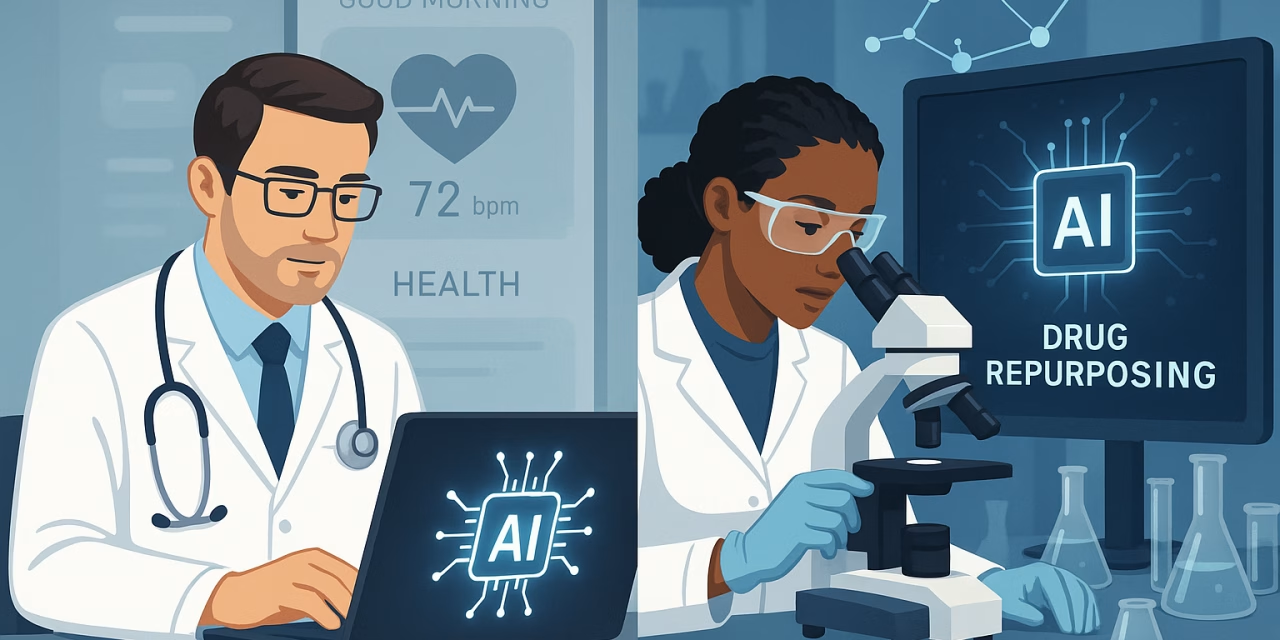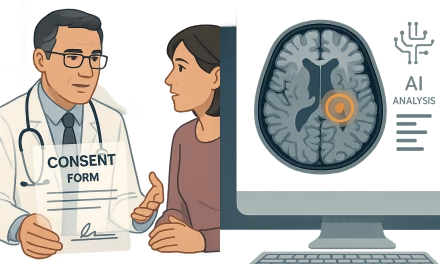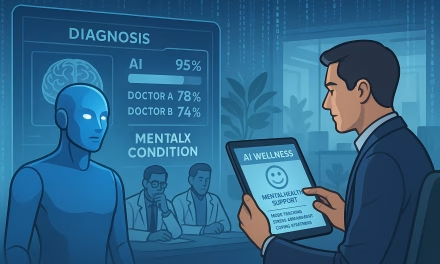July 8, 2025, highlights the multifaceted advancements of Artificial Intelligence in the health and wellness sector, showcasing its transformative impact across clinical operations, drug discovery, and specialized medical diagnostics.
In a significant move to enhance clinical efficiency, Evidently, a clinical data intelligence platform, announced an extended partnership with Allina Health. This collaboration will leverage Evidently’s AI system to process millions of patient encounters annually, aiming to reduce clinicians’ cognitive workloads while simultaneously improving quality and revenue integrity. This underscores AI’s growing role in streamlining administrative burdens and allowing healthcare professionals to focus more on patient care.
The realm of drug discovery is also being revolutionized by AI. Fifty 1 Labs, Inc., an AI-driven drug repurposing and functional medicine company, unveiled an ambitious expansion plan targeting a $50 million valuation. Backed by a $350,000 investment, their focus on AI-driven drug repurposing promises to accelerate the identification of new therapeutic applications for existing compounds, potentially bringing life-saving treatments to market faster.
Furthermore, Light AI announced significant progress towards its Q3 2025 commercial launch of a wellness application. This initiative aims to create a “Digital Clinical Lab” by combining smartphones with scalable backend AI systems, providing quick and accessible diagnoses for conditions that typically require expensive imaging or lab processes. This democratizes access to diagnostics and empowers individuals to take a more proactive role in their health.
Adding to the diagnostic capabilities, joint research between the University of Texas and Yale University resulted in the development of a new AI tool specifically designed for heart analysis. This represents another crucial advancement in AI-powered medical diagnostics, promising more accurate and timely assessments of cardiovascular health.
The developments on July 8, 2025, collectively illustrate that AI is not just a single solution but a diverse set of tools that are fundamentally reshaping the healthcare landscape. From optimizing clinical workflows and accelerating drug development to enabling accessible diagnostics and specialized analysis, AI is proving to be an indispensable force in driving a healthier future.





